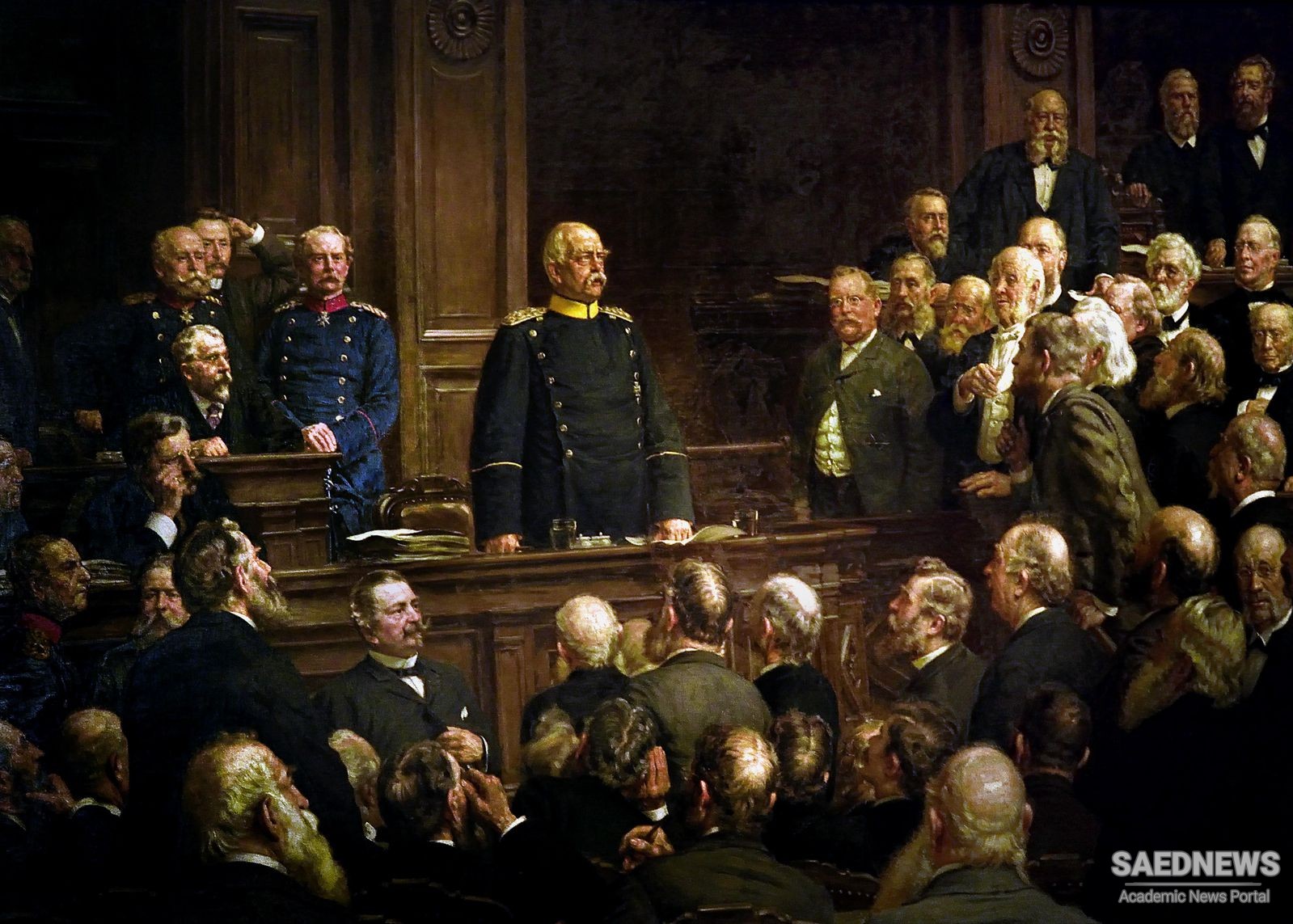Bismarck was the pilot, the old emperor placed his trust in him. With his death and the accession of his volatile grandson Wilhelm II the strains of Bismarck’s system were beginning to show. By 1912 the Social Democratic Party had won a majority in the Reichstag. The Social Democratic Party was denounced as revolutionary, its members as ‘enemies of the state’ – an extraordinary and unwarranted attack on a party operating fully within the law. The defeat of social democracy was the main purpose of the Conservatives and the men surrounding the kaiser. They could not conceive of including the Social Democrats within the fabric of the political state. This was more understandable while the Social Democratic Party was indeed Marxist and revolutionary. But as the twentieth century advanced the great majority of the party members in 1913, led by the pragmatic Friedrich Ebert, had become democratic socialists working for gradual reform; their Marxist revolutionary doctrine was becoming more a declaration of outward faith than actual practice, or immediate expectation. In a number of the state parliaments, Social Democrats had already joined coalitions with Liberals to form a responsible base for governments, thus abandoning their revolutionary role. But in Prussia this was unthinkable. One consequence of the narrow outlook of the Conservatives was that they would never consent to constitutional change that would have made the chancellor and his ministers responsible to the Reichstag as the government in Britain was to Parliament. The Conservatives thus had no alternative but to leave power, in theory at least, ultimately in the hands of the kaiser. The kaiser’s pose as the ‘All Highest’ was ridiculous, and even the fiction could not be maintained when, after the kaiser’s tactless Daily Telegraph interview in 1908, he claimed that he had helped Britain during the Boer War.


 Social and Political Divisions in Wilhelmine Germany: Unparalleled Development
Social and Political Divisions in Wilhelmine Germany: Unparalleled Development














































